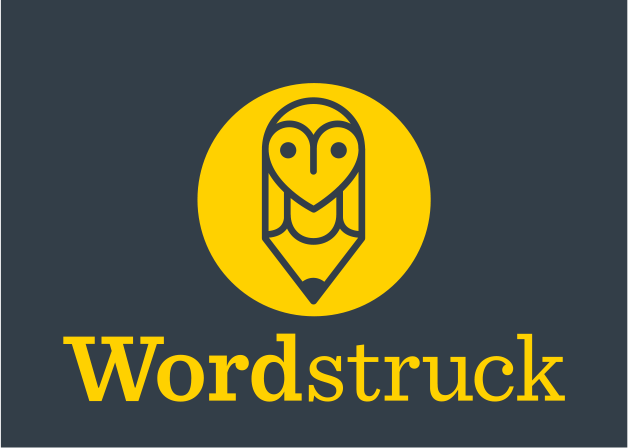Taking risks and bucking the trend always takes guts. Especially when you are trying to shift the current economic and commercial paradigm.
But everywhere leaders and companies are shifting the dial. In June I went to the Conscious Capitalism conference in Sydney and heard dozens of ways organisations, large and small, are making a difference.
After working in the corporate world for over a decade, James Meldrum and wife Monica knew they wanted another approach when they founded their Melbourne-based organic food company Whole Kids.
The idea for Whole Kids came because they couldn’t find any healthy, tasty and convenient snacks for their family. In their words. ‘Just about everything was full of junk.’
Taking a big gulp, they spent their life savings on starting their business and put their house-buying plans on hold. In 2005 they manufactured the first run of the Whole Kids products. Now you can buy them in Woolworths.
From the start their purpose was ‘way above just making money.’ It was also about being social responsible, operating as a family and giving ‘people room to bring the best self to work.’
Ever since Meldrum had done an MBA in America, he’d followed companies like Ben & Jerry’s and Patagonia. Then three years ago he discovered Conscious Capitalism. ‘That’s when we realised that what we were doing had a name. Conscious Capitalism gave us a language.’
Americans Raj Sisodia and John Mackey, co-CEO of Whole Foods, founded the Conscious Capitalism non-profit movement in 2008.
THE 4 PRINCIPLES OF CONSCIOUS CAPITALISM:
– Higher purpose or the ‘why’ of a company
– Stakeholder orientation that focuses on optimising value for all parties including the environment
– Conscious leadership
– Conscious culture that builds trust and transparency among all stakeholders.
Whole Kids is also one of a handful of Australian companies to have been B Corp certified; this third-party independent assessment audits a company’s social and environmental performance, accountability, and transparency.
For Meldrum it’s about trying to make work as fun as possible.
As there are only 10 in the team, career opportunities are limited. Instead Meldrum focuses on how to create professional development opportunities for the staff and offer other meaningful benefits and rewards. On the staff strategy days they spend half the time working through the Conscious Capitalist principles.
‘We look at how can we make people more healthy and more happy. One of the team said she’d really like to run a marathon, she’d never run a race before. We asked how could we help her as a team? We gave her time off to run every week. And then we all joined in. Now the whole team runs.’
So what meaningful risk can you take at work to make a difference?
If you’d like to read more about Conscious Capitalism, read my full article in Acuity.

